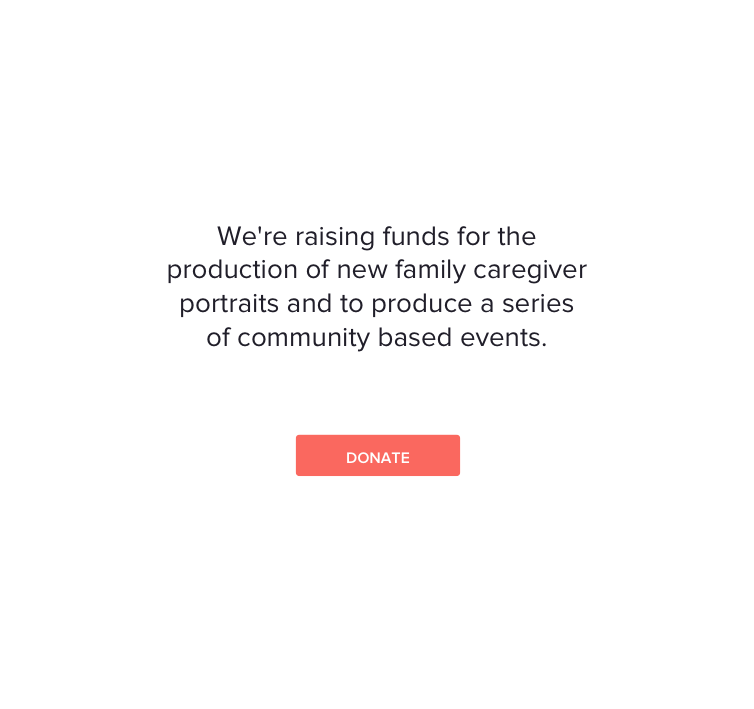Caring for the Caregiver: Part 1 by Dr. Brent Forester
May 12, 2015Guest Blogger: Dr. Brent P. Forester, MSc., Geriatric Psychiatrist
September, 2014
Caring for the Caregiver: Part I
http://www.bridgesbyepoch.com/blog/dr-brent-forester/2014/09/17/caring-caregiver-part-i
Mrs. Smith cared for her husband of 59 years since the onset of his progressive loss of memory and daily functioning, diagnosed as Alzheimer’s Disease twelve years earlier. Mr. Smith was a World War II veteran who returned from Europe and married his high school sweetheart. He then worked in the automotive industry eventually owning his own car dealership. His hard work provided for his wife and their four children. Mrs. Smith at first did not understand why her husband was unable to find his way home from his daughter’s home one Sunday evening, or why he could not recall the names of his long-time friends. She became frustrated with his memory deficits and eventually their eldest daughter intervened and brought her father for a medical evaluation. Mrs. Smith was reluctant to reach out for help, taking on the challenges of full time caregiving with a sense of duty and love. Unfortunately, the impact of her efforts was showing. She began to lose weight and have trouble sleeping at night. She was tired during the daytime and put her own medical needs on the back-burner. Her doctor’s attempts to connect Mrs. Smith with home care services and caregiver support groups were fruitless. Offers from her children to help with caregiving responsibilities were actively refused. One day, Mrs. Smith’s daughter came by the house and found her mother in the kitchen, bent over, sweating, anxious and complaining of chest pain. She was taken to the emergency room and admitted to the hospital suffering a heart attack. Her husband, unable to care for himself, moved in with his daughter.
As this case demonstrates, caregiving is dangerous with negative effects on the physical and mental well-being of the caregiver. I commonly counsel the caregiving spouses of my patients that I am more concerned about her own level of distress and quality of life than her loved one with dementia. Such counseling includes a version of the following comments, questions and observations: “You need to reach out for help and the loving support of your family. There are many available resources in the community that you can turn to for education and support. If you fall ill, what is the plan for your husband or wife?”
I am sure that many of you reading this blog are well-versed in life as a caregiver for a loved one with dementia. You know what it is like to plan your life around the needs of someone, perhaps so vibrant in their youth, now unable to pick out his clothes for the day, take his own medications or stay at home without you fearing for his safety. “Caregiver burden” refers to the emotional, social and physical impact of caregiving. Research has consistently demonstrated that caregiver stress is associated with elevated risks of medical problems and even high rates of depression, with some studies noting that depression occurs in nearly 50% of primary caregivers for an individual with Alzheimer’s Disease. Caregiver burden and stress also directly impacts the person with dementia. Agitation in a loved one with dementia may be provoked by a distressed caregiver who expresses frustration after listening to hours of repetitive questions. Someone with cognitive impairment may not recall the caregiver’s name or the nature of their relationship, but will pick up on the non-verbal cues that indicate distress, anxiety, sadness or other emotional states. The caregiver’s outward demonstration of these strong feelings may in turn upset the person with cognitive impairment.
Caring for the caregiver often goes unrecognized by other family members and even the medical profession. Next month I will discuss the strong evidence that caregiver support positively impacts both the caregiver and the loved one with dementia. In the meantime, PBS will be showing an incredible documentary entitled, “The Genius Of Marian,” filmed by Banker White about his mother’s progressive dementia and the profound impact of this illness on the family and, in particular, her husband the caregiver. You can find out more about this amazing film at geniusofmarian.com. As described on the web site, the Genius Of Marian is: “An intimate family portrait that explores the heartbreak of Alzheimer’s disease, the power of art and the meaning of family. The Genius of Marian follows Pam White in the early stages of Alzheimer’s disease as her son, the filmmaker, documents her struggle to hang on to a sense of self.” I encourage all of you to view the film and appreciate the ways in which this particular family experiences and copes with the reality of caregiving in the face of such a devastating illness.

